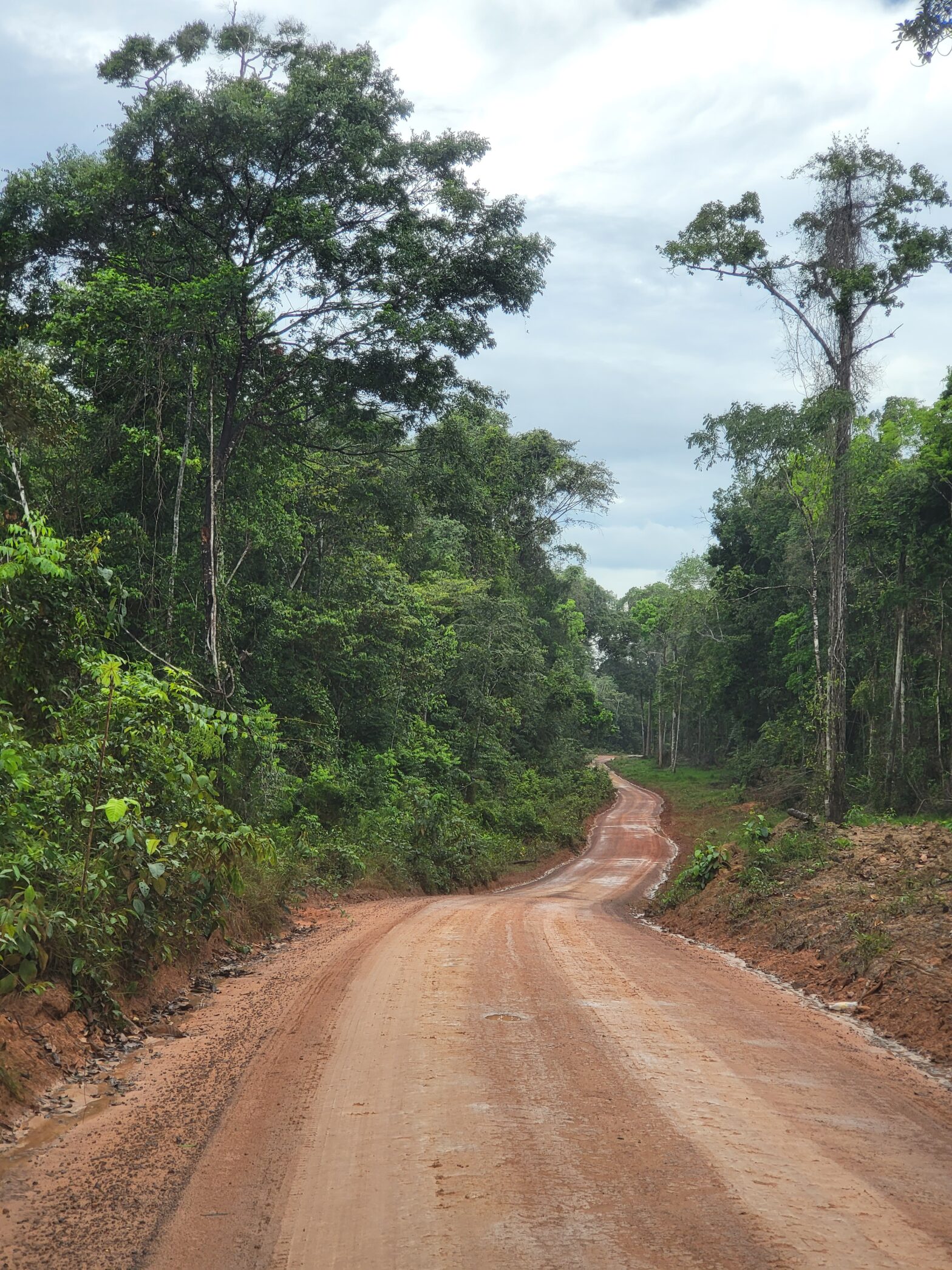CONGRATULATIONS!
Congratulations to the Peoples Progressive Party/Civic are well deserved on its resounding victory at the general and regional elections just concluded. Congratulations are also due to President Dr. Irfaan Ali for his sterling leadership and on securing a second term as the President of Guyana. For determining and managing the electoral strategy of the winning party, the PPP/C, Vice President Bharrat Jagdeo deserves congratulations. The PPP’s stunning performance is also due to the united effort of the leadership of the PPP and government and PPP’s members and supporters.
In my article last week, I outlined the drama occasioned by Guyana’s post-election politics since 1992. As for 2025 I wrote: “The 2025 election campaign has been marked by a drama with a twist. Like in 2006, with the emergence of the AFC, the WIN has become the wild card of the campaign….Speculation is rife as to its potential. While no one envisages the possibility that WIN will win a majority, it is suggested that it may obtain from two seats to enough seats to decimate APNU….” In a turn of such dramatic dimensions that has never been seen in Guyana’s politics, WIN, a party launched three months ago, upturned generations of political tradition by decimating APNU, the traditional home of the majority of African Guyanese voters. WIN’s dominating performance has overturned political calculation based on ethnicity.
Never in one’s wildest dreams, or nightmares, was it ever conceived as possible that APNU could lose control of Regions 4 and 10. The regional system was designed by the PNC to be advantageous to it. APNU’s message clearly no longer resonated with voters of these Regions, particularly Region 10. Supporting a party whose leader is an Indian Guyanese indicates that in certain circumstances, such as where the traditional party’s message no longer resonates, ethnic sympathy can be displaced. This fact has emerged all around the country where traditional APNU voters switched to WIN. This is not the end of ethnic voting or politics. But, clearly, appeals to race are no longer sufficient where concerns of supporters, other than those determined by the political leadership, are considered by them to be of more importance or relevance. It is believed that WIN’s supporters are principally from the youth and the poor sectors. If this is so, the PPP still has a lot of work to do, especially since it is believed that in some of its areas of support there was low turnout.
While many expected WIN to make inroads into APNU’s support and perhaps take a modest number of votes from the PPP, no one expected a demolition of landslide proportions. For this to have happened, APNU’s entire political strategy, based on challenges to the PPP’s alleged marginalization and discrimination of African Guyanese, appeals to ethnic voting and implacable hostility have failed to impress its ethnic constituency. After a total of 28 years in opposition, and a burgeoning oil economy, a large percentage of APNU’s supporters have grown jaded with the failure of APNU’s political strategy. For a fleeting moment it appeared as if APNU would accept the election results and reflect on what has gone wrong. But, alas, all it can do is rely on its tattered playbook of elections malpractice, calling for a forensic audit or the aborting of the elections. WIN, not being satisfied with its historic performance, expecting perhaps the swearing in of its leader, Azruddin Mohamed, as president, also falls back on the old, hoary, tale of rigged elections.
What of the PPP? The first relevant observation is that the Indian Guyanese population should now be significantly below the 39 percent of the last census in 2012. But the PPP has increased its support to 55 percent. The only possible source of this additional support would be from the African Guyanese community. There is no polling to validate this conclusion, but the visible evidence was there for all to see. This support is significant and if built upon will ensure an absolute majority into the distant future. Those African Guyanese who supported the PPP must be congratulated for ignoring the gross insults hurled at them for being aligned with an ‘Indian’ party. I wonder if the same insults will be directed to those who voted for WIN.
In order to maintain its support, the PPP will no doubt wisely utilize the earnings from petroleum, production of which will shortly exceed a million barrels a day, to continue and enhance the development of Guyana and the upliftment of its people. In doing so the new government may want to make a determined effort to eliminate extreme poverty during this term and to make a significant dent in the existence of poverty.
With a divided opposition and the reduced ethnic cleavage at the elections, talk of shared governance will gain no traction whatsoever. But many are convinced that a tremendous amount can be done to improve governance in its widest aspects, from parliament to procurement, from consultation to constitutional reform and everything in between. The PPP/C in government takes unnecessary criticism for acts and omissions across the spectrum of governance which can be resolved with the minimum of effort and no loss of political leverage or power.






